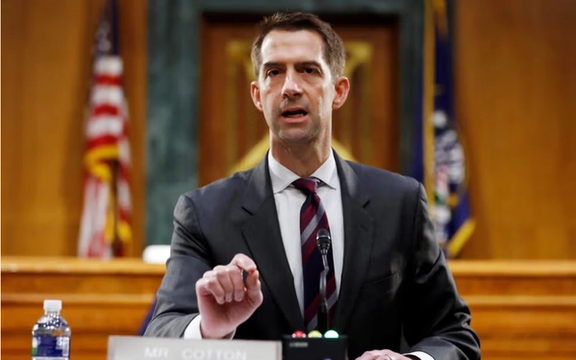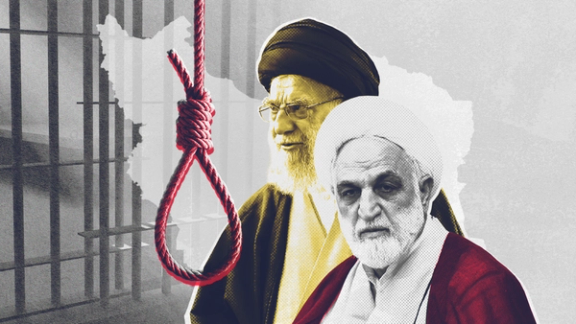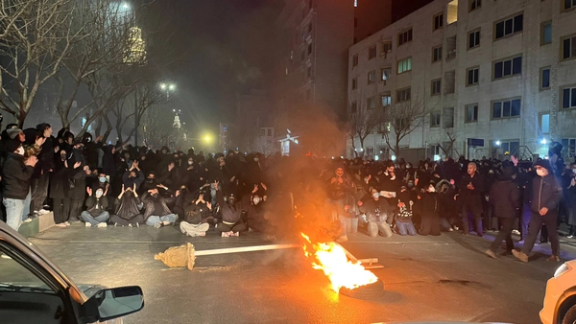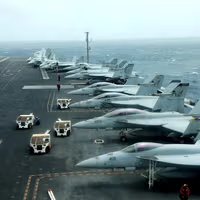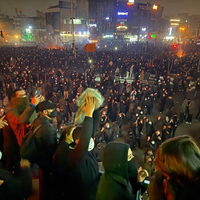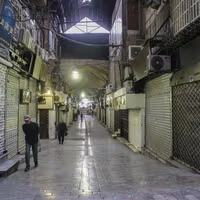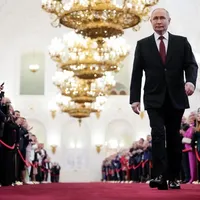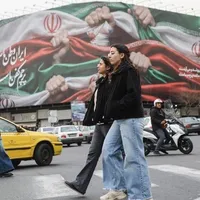On Wednesday, the rights groups said more than 20,000 people have been arrested since June 13, when Israeli forces struck Iranian military and nuclear sites in a series of surprise attacks. Many detainees face charges carrying the death penalty.
“The authorities’ domestic machinery of repression remains unrelenting as they ratchet up already oppressive widespread surveillance, mass arrests and incitement to discrimination, hostility and violence against minorities,” Sara Hashash, Deputy Regional Director for the Middle East and North Africa at Amnesty International said.
Those detained include political dissidents, journalists, social media users, families of victims of earlier protests, Afghans, and members of Iran’s Kurdish, Baluch, Baha’i, Christian and Jewish minorities, according to Amnesty and HRW.
Security forces have been accused of killing civilians at checkpoints, including a three-year-old girl.
At least nine men have been executed on charges widely seen as politically motivated or linked to accusations of spying for Israel.
Executions and new legislation
Those cooperating with Israel faced “serious punishment, including the death penalty,” Gholamhossein Mohseni Eje’i, Iran’s judiciary chief, warned in July.
Approximately 21,000 people had been arrested, police spokesperson Saeed Montazer Al-Mahdi announced in a statement on August 12.
State media have echoed calls for expedited trials, with some outlets openly invoking the 1988 prison massacres when thousands of political prisoners were summarily executed.
In the first half of 2025, Iran carried out 612 executions—double the number in previous years—prompting alarm from UN human rights bodies.
Parliament has also advanced legislation expanding the use of capital punishment by defining espionage for “hostile governments” as “corruption on earth,” a charge that carries the death penalty. The bill awaits approval by the Guardian Council.
Targeting minorities
“Since June, the human rights situation in Iran has spiraled deeper into crisis with Iranian authorities scapegoating and targeting dissidents and minorities for a conflict they had nothing to do with,” said Michael Page, Deputy Middle East and North Africa Director at HRW.
At least 330 of the country's long-targeted Kurds have been detained since the war began, while Baluch women were among those killed during raids in the volatile Sistan and Baluchestan province.
Baha’i homes and businesses have been searched, and dozens of community members have been jailed on accusations of spying for Israel. Christians and Jews have also faced arrests and interrogations, with reports of coerced televised confessions, added Amnesty.
Calls for accountability
Amnesty and HRW urged the immediate release of those arbitrarily detained, a halt to executions, and international investigations under universal jurisdiction. The crackdown signals “a looming human rights catastrophe” for Iran’s most vulnerable groups, they said.
Without outside pressure, the combination of mass arrests, rushed trials, and discriminatory targeting could entrench a cycle of repression that deepens the humanitarian fallout of the June conflict, the organizations warned.







